We Join a National Small Mammal Monitoring Project
hace 1 dayWe became part of the SEMICE network – a large-scale, long-term biodiversity monitoring programme.
From Terra Natura Benidorm, we are proud to announce our incorporation into SEMICE (Common Small Mammal Monitoring), a national scientific initiative coordinated by the Granollers Museum of Natural Sciences. This ambitious project is designed to monitor insectivorous small mammals and rodents under 150 grams in a standardised and continuous way, as these species are considered excellent indicators of ecosystem health. Our park’s official inclusion in the network coincides with the International Day for Biological Diversity – a fitting occasion that highlights the vital importance of preserving all life forms on Earth.
The SEMICE programme operates through a network of fixed sampling stations spread across Spain. These stations are surveyed twice a year, in spring and autumn, following a rigorous protocol that ensures data consistency: setting 36 live-capture traps, analysing site occupancy, identifying individuals, determining sex, weight, and reproductive status, tagging them, and releasing them at the same capture point. While no captures were recorded this spring in the plots monitored by the Terra Natura Benidorm Conservation and Animal team, these results are still valuable, helping to detect trends and changes in small mammal populations.
In this first field season, our team conducted surveys in two areas: one located in the Xorret de Catí region and the other in the Buixcarró estate, within the Serra de Mariola Natural Park, where we collaborate with the Victoria Laporta Carbonell Foundation. As a curious anecdote, one of the traps in the Xorret de Catí plot was tampered with by a beech marten, which repeatedly removed the bait, triggering the trap without any captures.
Despite their small size, these mammals play crucial roles in ecosystems: they serve as a food source for many predators, help control invertebrate pests, and contribute to seed dispersal. Their high sensitivity to environmental changes makes them powerful tools for detecting the impacts of climate change, habitat loss, and other ecological pressures.
By joining this national scientific network, we are strengthening our commitment to applied science, expanding our conservation efforts beyond our facilities, and actively participating in the monitoring and assessment of local wildlife.
International Day for Biological Diversity
On the occasion of 22 May, the International Day for Biological Diversity, the Iberian Association of Zoos and Aquariums (AIZA), of which Terra Natura Benidorm is a proud member, underscores the vital role of zoos and aquariums as living centres of conservation and research.
This date serves as a reminder that these institutions are far more than exhibition spaces — they are engines of knowledge and biodiversity protection.
Terra Natura, along with fellow AIZA member zoos and aquariums, forms a collaborative network dedicated to biodiversity. Through research, education, and joint initiatives, both within and beyond our facilities, we strive to ensure that future generations continue to discover and cherish the richness of our natural world.
Micromammals, in particular, are highlighted as key players in these programmes due to their status as reliable indicators of ecosystem health and global environmental trends, such as climate change.

